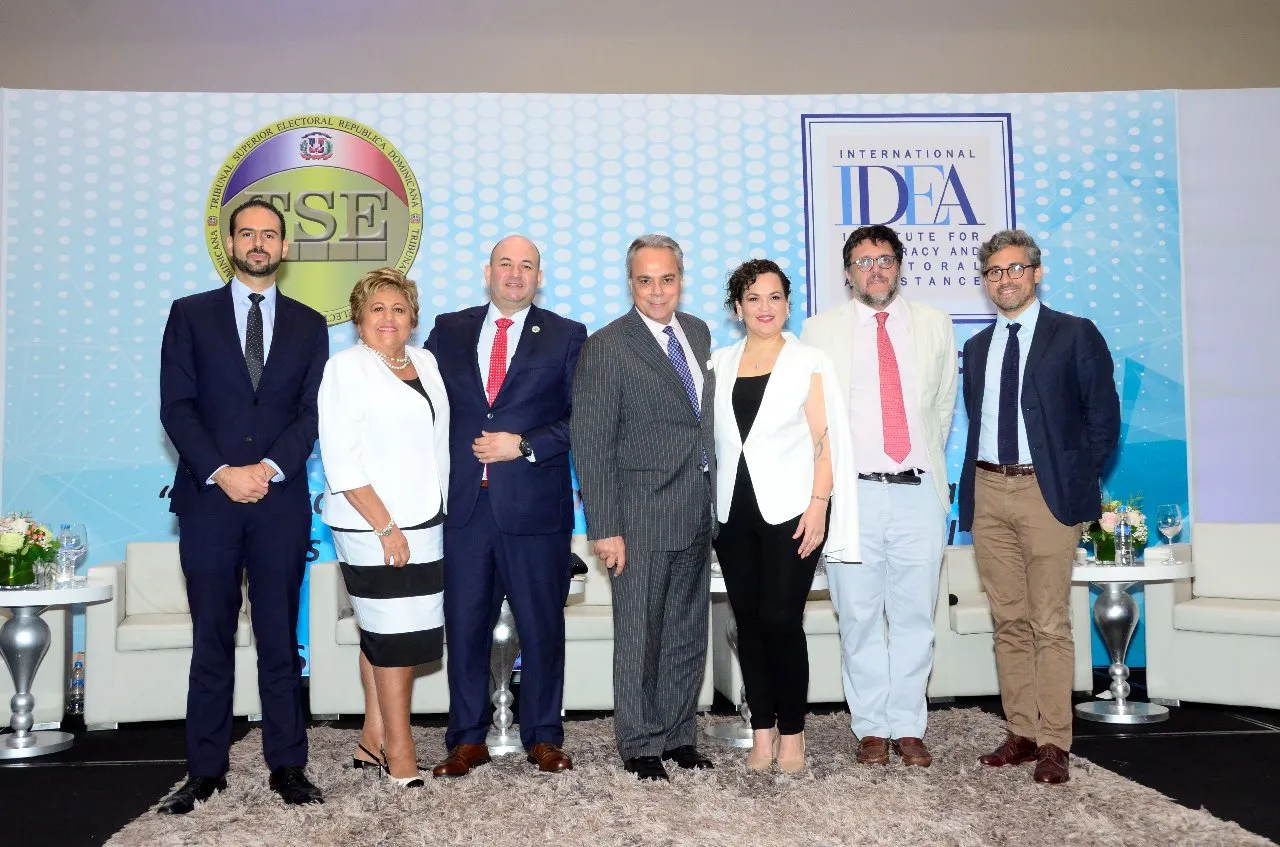
Jurists, judges and academics from 12 countries discussed the challenges of social media for electoral justice in the XI Ibero-American Conference on Electoral Justice, held in Santo Domingo, Dominican Republic, from 28 to 29 November 2019.
With the theme “Social networks, Fake News and Misinformation: Challenges for Electoral Justice”, International IDEA and the Superior Electoral Court of the Dominican Republic (TSE) organized, once again, one of the most relevant collaborative reunions for Electoral Justice in Ibero-America. The first conference on Electoral Justice was held in 2009, also in the Dominican Republic, with the goal of strengthening the quality of democracy and electoral integrity in the region. Ten years later, its 11th edition confirms the spirit of the instance.
During the opening ceremony, the president of the TSE, Roman Jaquez Liranzo, affirmed that the effects of social networks can be diverse for the exercise of democracy and the political rights of citizens, especially for the role electoral institutions play, both in administration and electoral justice. For his part, the regional Director of International IDEA, Dr Daniel Zovatto warned that these platforms can be a “double-edged sword”, with great potential, but also risks due to their wide freedom and difficulty to control. Representative bodies from Argentina, Chile, Colombia, Costa Rica, Ecuador, Guatemala, Honduras, Mexico, Panama, Paraguay , the Dominican Republic and Spain, became part of the discussion focused on the challenges for democracy in the new digital era. Panels focused on areas that varied from the legal frameworks and regulations of social media to the protection of the fairness of competition, touched topics such disinformation, the challenge of bots and big data, cybersecurity and the use of personal data.
In addition, panels focused on the comparative analysis of national experiences were realized, which became a collaborative space to share regional lessons. These included the presentation on social networks and electoral campaigns by Argentina, Mexico and The Dominican Republic, as well as the exposition on Good Practices and Lessons Learned by Costa Rica and Panama. The optic of the electoral justice bodies in these spaces of dialogue are fundamental, since they have the responsibility of ensuring clean, free elections that guarantee the protection of the political rights of citizens.
After the sessions, the twelve countries of Ibero-America, represented by their delegates, issued a final statement. In the document they committed to various measures such as the development of a platform of electoral jurisprudence on digital media, the strengthening of cybersecurity within electoral bodies and the development of strategic alliances with various actors, including technology companies, journalists and members of civil society, for the design of programmes that allow a responsible use of social media. Also, the Digital Media Electoral Forum was created, to identify the minimum principles that allow collaboration, to move towards an eventual regulation for social media during electoral processes.
The video of the inaugural act of the conference can be found here.



